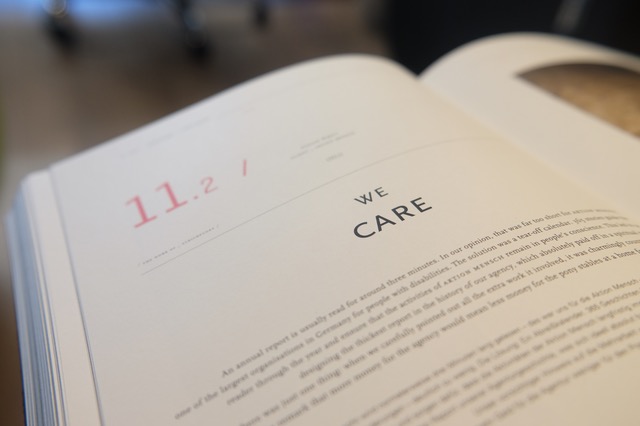The Hive Mind

I was on a panel at the Writer’s Digest Annual Conference this year talking about World Building, and someone asked about staying on top of all the details of your universe. There was a great discussion, and the question made me think about the Hive Mind of your readers, and how you’ll never be smarter than the collective intelligence of the people reading your work.
We Are Legion
Writers take different approaches to managing details in their work. Some folks sort of wing it (my ears are burning) and don’t have any sort of “bible” or spreadsheet to help them keep it all straight. Other people more or less have their own private NORAD set up in their office to track details like what Mary was wearing in book 4, chapter 6 and whether or not Syd the Giant Spider is dead or not in the present iteration of the timeline.
That’s really just a preference in approach, like Pantsing or Plotting, and neither approach guarantees that you won’t make a mistake, because of the Hive Mind.
Your readers are many, and they have the Internet. Even a small fan base will find each other, exchange notes, and discover all your mistakes. You will never be able to cover every single base for the simple reason that your readers, as a Hive Mind, are smarter than you and your pitiful single brain.
The flip side to this is: Don’t try to fool your readers. They will figure it out if you’re faking something, or cheating with your own universe’s rules. Even if you get something past your Beta readers or your mother, the chances of getting it past every single person who reads your books are essentially zero, because someday they will meet a fellow fan in a subreddit and the shit will hit the fan.
I have two strategies when I get caught in a mistake: One, I shout “JEFF DURNK!” (note: yes, pronounce it durnk) and cackle drunkenly; two, I claim there is a deep, subtle riddle that explains all the inconsistencies in my writing, and then refused to answer questions about it. Call it the Lost excuse.





